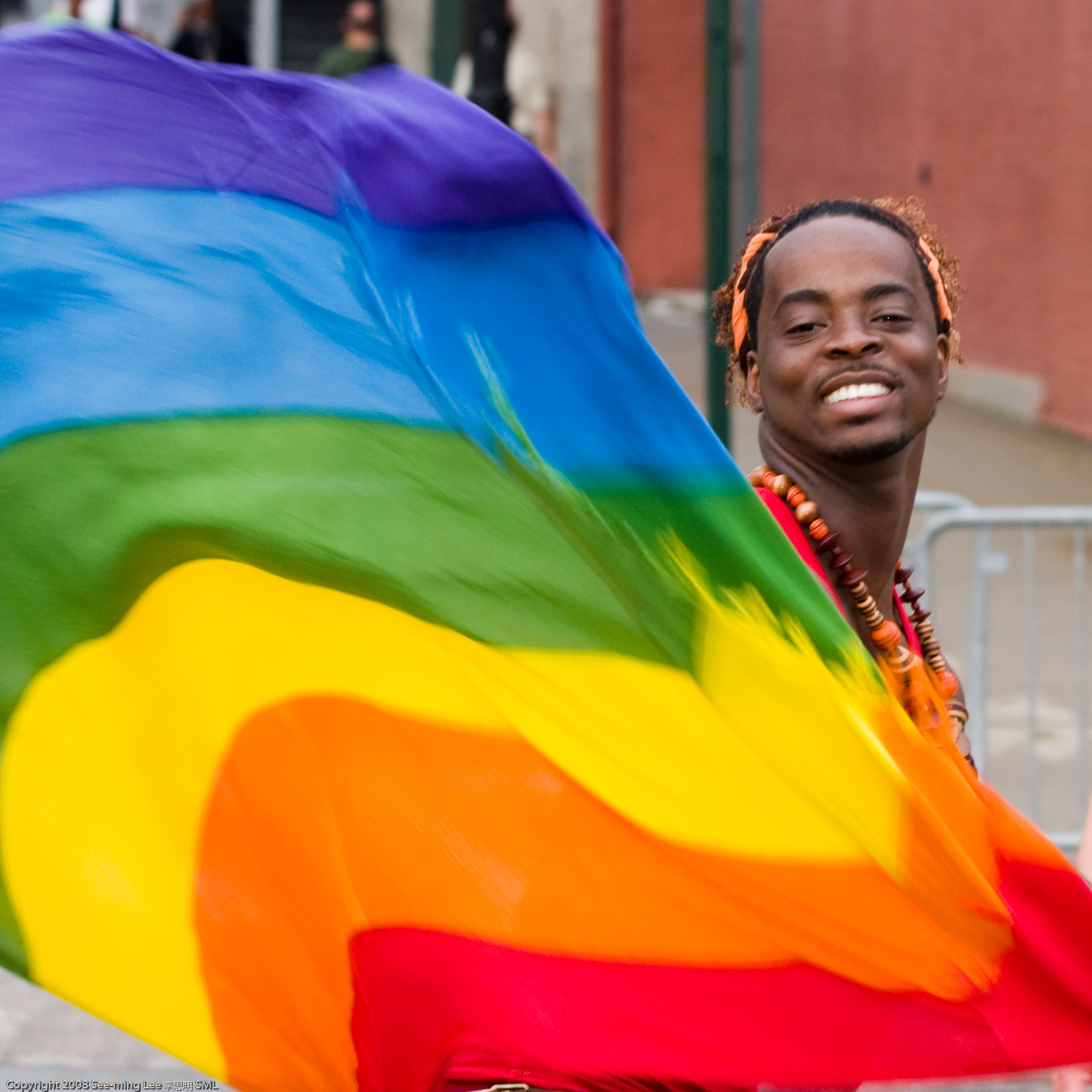 Hooray for more research! Sylvia Ann Hewlett and Karen Sumberg of the Center for Work-Life Policy have published an article in the Harvard Business Review outlining their study on coming out at work.
Hooray for more research! Sylvia Ann Hewlett and Karen Sumberg of the Center for Work-Life Policy have published an article in the Harvard Business Review outlining their study on coming out at work.
They’ve found that lesbian, gay, bisexual, and transgender (LGBT) employees who reveal their sexual identity are generally more successful. From the article:
Our research suggests that many are hiding needlessly and that “out” workers may stand a better chance than closeted workers of being promoted (although there are still relatively few openly gay senior executives). This appears to be the case largely because closeted workers suffer anxiety about how colleagues and managers might judge them and expend enormous effort concealing their orientation, which leaves them less energy for actual work. Further, LGBT workers who feel forced to lie about their identity and relationships typically don’t engage in collegial banter about such things as weekend activities—banter that forges important workplace bonds.
What good news! That we already knew.
Now let’s do an exercise. For a moment, let’s not only consider the LGBT population; let’s think about everybody at work. Nearly everyone at work struggles in some way to be fully open about who they are. So we’re going to substitute “humanity” for “orientation” in the paragraph above, and omit the terms “gay” and “LGBT.”
So once more, this time thinking about all people:
Our research suggests that many are hiding needlessly and that “out” workers may stand a better chance than closeted workers of being promoted (although there are still relatively few openly gay senior executives). This appears to be the case largely because closeted workers suffer anxiety about how colleagues and managers might judge them and expend enormous effort concealing their orientation humanity, which leaves them less energy for actual work. Further, LGBT workers who feel forced to lie about their identity and relationships typically don’t engage in collegial banter about such things as weekend activities—banter that forges important workplace bonds.
Mostly works, right? Regardless of what specifically you may be striving to conceal about your self, it’s increasingly evident that hiding is detrimental to your career. Seven (7) million* gay people can’t be the only ones to benefit from coming out at work. Clearly there’s opportunity for everybody!
If you’re wondering what parts of your self can be liberated on the job, look no further.
We love how this research supports the broad viability of bringing your whole self to work.
So what are you waiting for? What would you love to reveal about your self at work, that you haven’t already?
* Estimated number of LGBT employees in the U.S. private sector
Photo via


